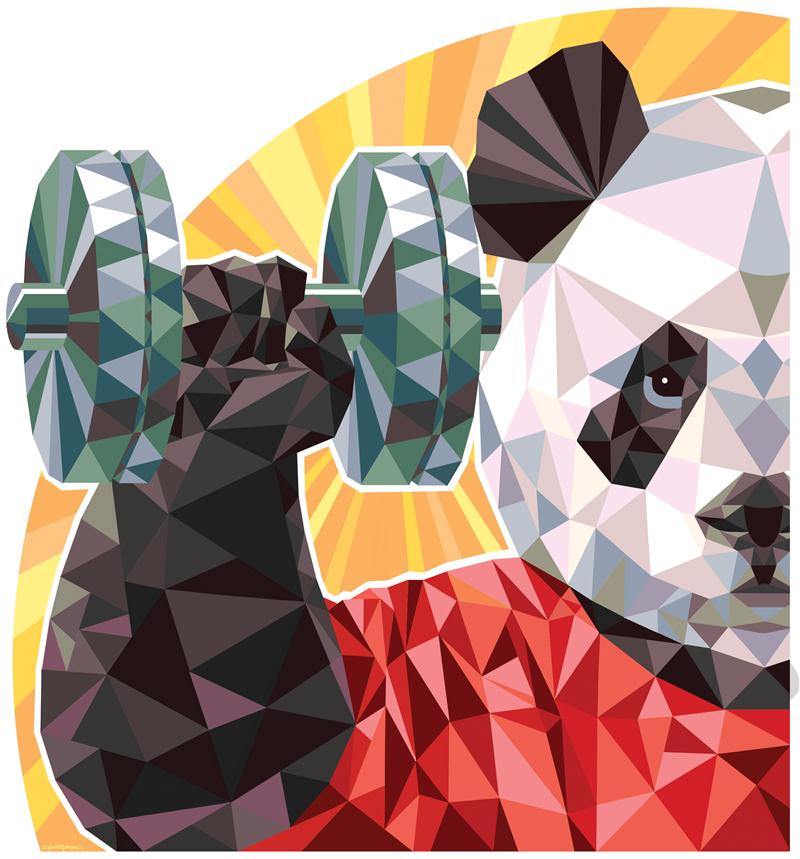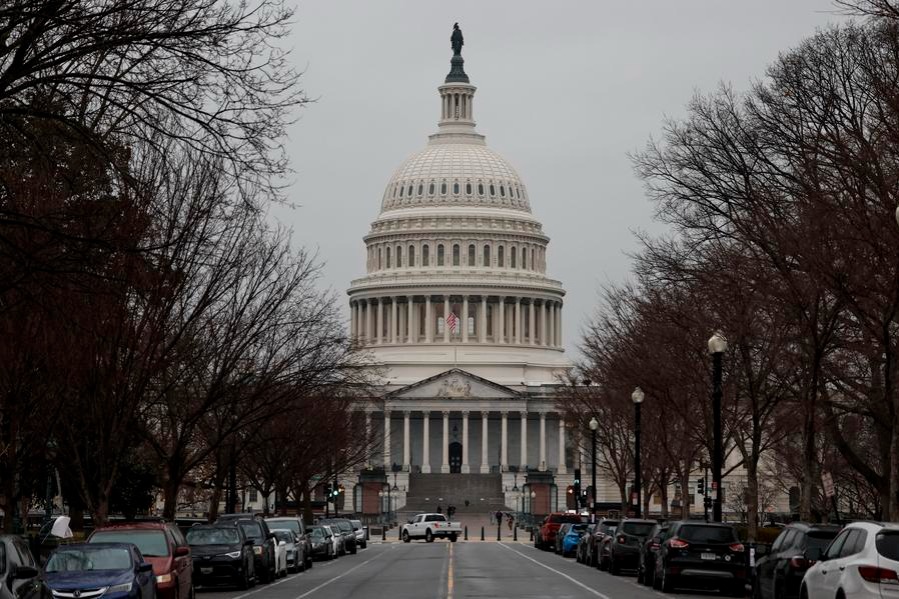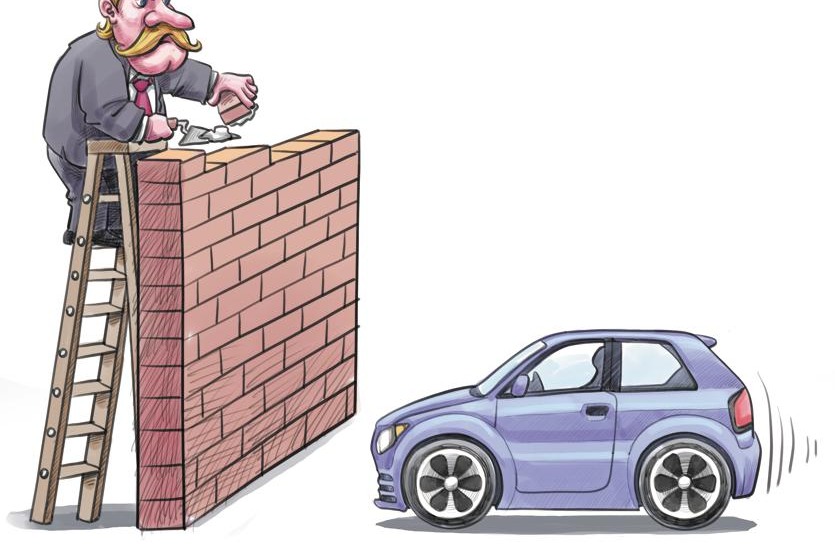US should heed the lessons of history


On Thursday, the day after the 12th round of trade talks concluded on a "constructive" note, according to US negotiators, the US leader threatened to levy 10 percent additional duties on another $300 billion of Chinese goods starting Sept 1, breaking the promise that it would not impose further tariffs on Chinese imports.
Not being content with that, the White House also had issued a memorandum to the United States trade representative demanding it "use all available means to secure changes at the WTO that would prevent self-declared developing countries from availing themselves of flexibilities in WTO rules." Worse, it threatened to take unilateral measures against such countries if substantial progress was not made at the World Trade Organization within 90 days.
From bilateral to multilateral forums, the US has been using every platform to put "maximum pressure" on China in the hope that it would cave in.
Yet, has its approach worked?
It's evident to all, especially market players, that the increasingly dirty pressure tactics used by the US have not caused any visible damage to China's real economy, including industrial production. Instead, the US leader's decision to impose additional tariffs on more Chinese goods caused Wall Street to dive into the red with stock indexes sliding on Thursday.
Also, the US is vulnerable to suffering greater damage if there is turmoil in the financial sector since the US economy depends more heavily on it than China.
United States overvalues its economic strength
The US economy, despite registering 120 months of continuous growth in June, faces increasing threat of recession. Could anything other than waning confidence in the economy have prompted the US Federal Reserve to sharply cut interest rates?
More importantly, the US should learn something from China. From being an impoverished and backward agricultural country in the past, China has become the world's biggest manufacturer and exporter, and second-largest economy. As early as 2013, it accounted for one-third of the global equipment manufacturing-and its exports were one and a half times that of the US and Germany, and three times that of Japan in 2017-in less than 70 years.
China has also overcome numerous setbacks and major external shocks, any of which could have left many an economy tottering. Indeed, China has performed an economic miracle.
Resilient China has weathered many storms
China's industrialization started in the 1949-52 period when it was struggling to recover from the war of liberation and largely lagged behind even its neighbor India. Over the past 70 years, China has not only become an economic powerhouse but also a military power. Despite that, it has not been involved in any large-scale foreign war or faced internal strife, and instead concentrated on industrializing the country.
From 1950 to 1952, China's economic recovery was the fastest and steadiest since World War II compared with any other major country.
New China faced many twists and turns in the first 30 years in rebuilding its economy. Even during the 40 years of reform and opening-up, it has successfully weathered many a powerful storm including four major external crises: the debt crisis in the early 1980s, Western sanctions from the late 1980s to the early 1990s, the 1997-98 Asian financial crisis and the 2008 global financial crisis.
Centralized leadership adds to China's advantages
Admittedly, the Chinese economy has been facing a new type of challenge since the second half of 2018 because of the trade war launched against it by the US. Yet the new challenge cannot be compared with the past external crises. Even in the 1990s, at the height of Western sanctions, China was able to reverse the trade deficit that had undermined its economy for nearly 100 years since the First Sino-Japanese War (1894-95).
Now, China has to deal with the fifth major external challenge: the US-instigated trade war. Notwithstanding the saber-rattling of some US politicians and the US administration's desperate attempt to prevent the rise of Chinese high-tech companies, which reminds one of the Cold War, do those trying to force China to concede ground by applying "maximum pressure" really understand how China has weathered powerful storms in the past decades?
Without economic resilience and expertise in the high-tech sector, China would not have been able to close the wide gap with the US in national strength. Perhaps this is why the US has labeled China as a major competitor.
The domestic political infighting in the US unseen in decades is likely to intensify and create a bigger problem for the White House. By contrast, the strengthened centralized leadership of China is well-positioned to deal with any challenges with greater efficiency. In this regard, the US hawks, who have turned a blind eye to China's resilience, should look at China's history and see how it has overcome challenges, and stop resorting to "maximum pressure" to fulfill their narrow political goals.
The author is a researcher at the Chinese Academy of International Trade and Economic Cooperation. The views don't necessarily represent those of China Daily.

































